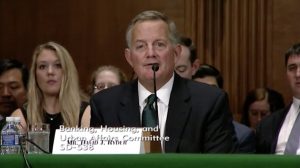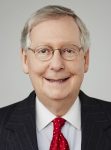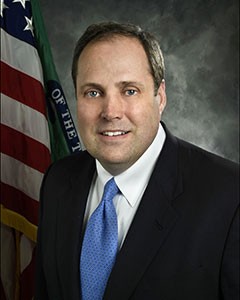Officially, Ryder’s nomination was “[returned] to the President under the provisions of Senate Rule XXXI, paragraph 6 of the Standing Rules of the Senate.”
Senate Rule XXXI, paragraph 6 states:
However, according to the Congressional Research Service (CRS Report RL31980):
There should be no reason to reject Ryder’s nomination. Aside from being previously confirmed by the Senate, there was no issue with Ryder’s confirmation hearing. In fact, his hearing was considered a pro forma session because of his past experience with the U.S. Mint and commercial Secure Products, a company focused on developing anti-counterfeiting solutions for currency and branded products.
This is clearly a political move by McConnell who has his issues with the president while polls show the popularity of both men is declining. McConnell may be trying to calculate what it will take to hold the Senate this November in an election that is seen to be potentially contentious. McConnell ask has to consider that his term is up in 2020. If he does not retire, he would have to run alongside the president. It might help McConnell to poke the president in the eye when he has the chance.
It has been seven years since Edmund Moy resigned as Director of the U.S. Mint. Since January 2011, there have been three nominations that the Senate has not considered (Bibiana Boerio & Rhett Jeppson by Obama and currently Ryder). At this rate, will anyone accept a nomination given the Senate’s record of inaction? Or will the U.S. Mint have to accept a less than optimal candidate because nobody else will take the job?
Gallery of Rejected Nominees to be Director of the U.S. Mint
- Bibiana Boerio was nominated in Sept 2010 but never acted on by the Senate.
- Rhett Jeppson was nominated in July 2015 and even had a hearing, but his nomination was not acted on in the Senate.
- David J. Ryder, Director of the U.S. Mint.






